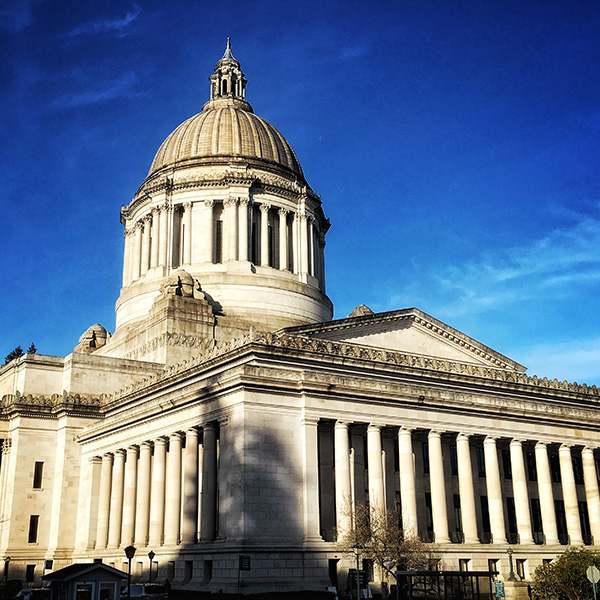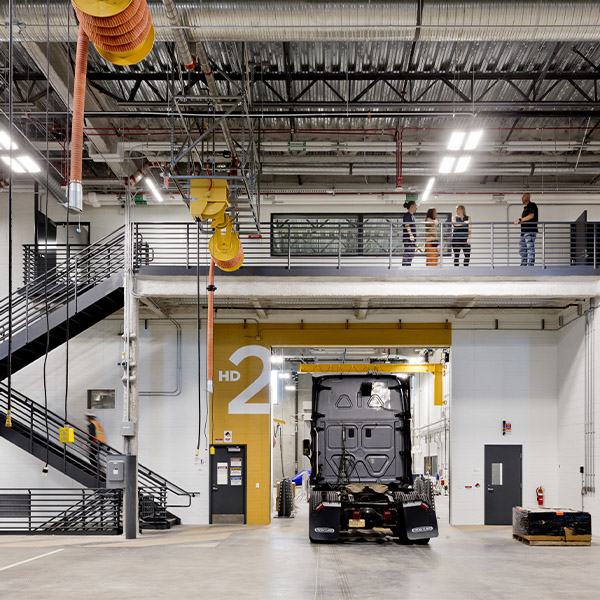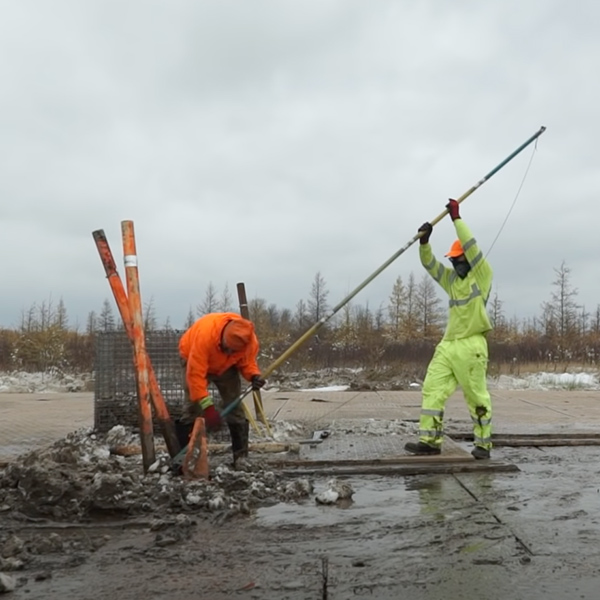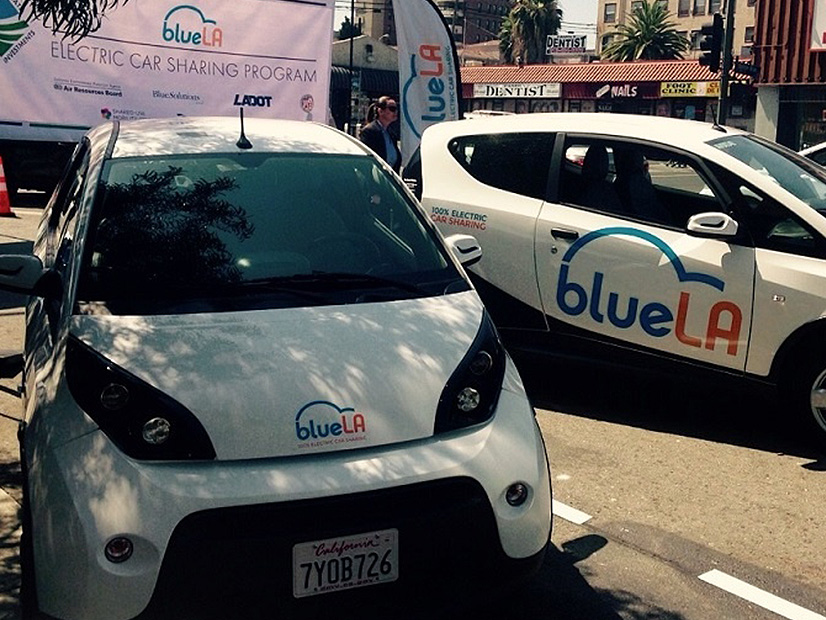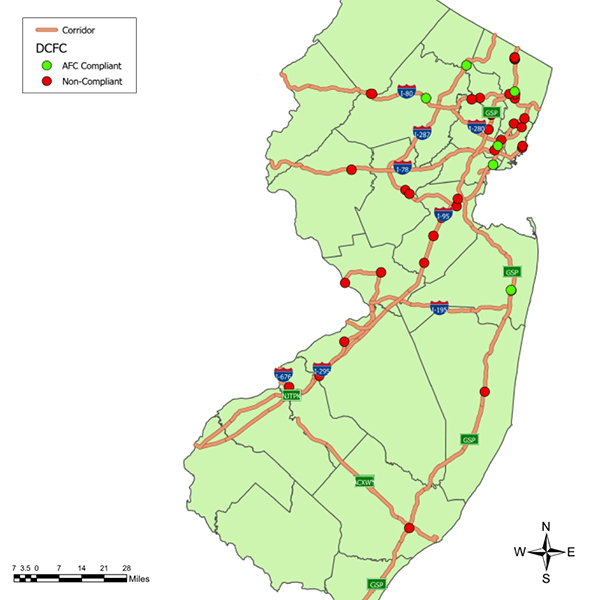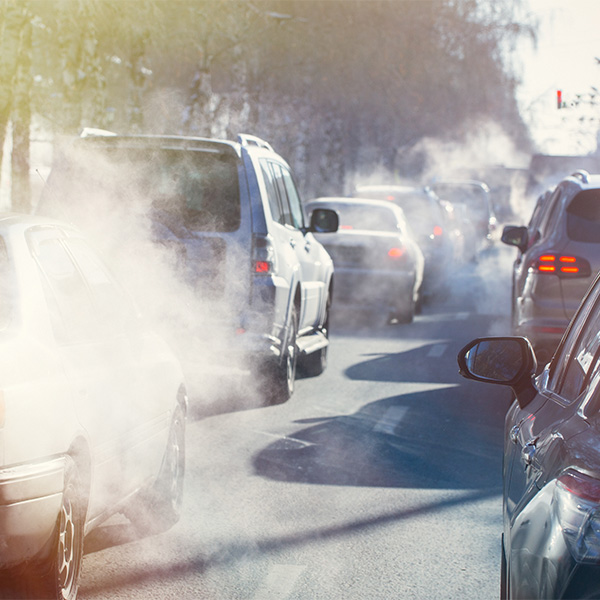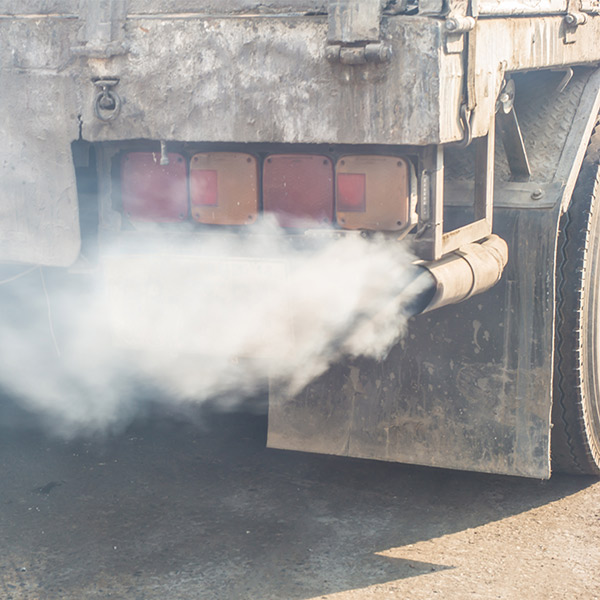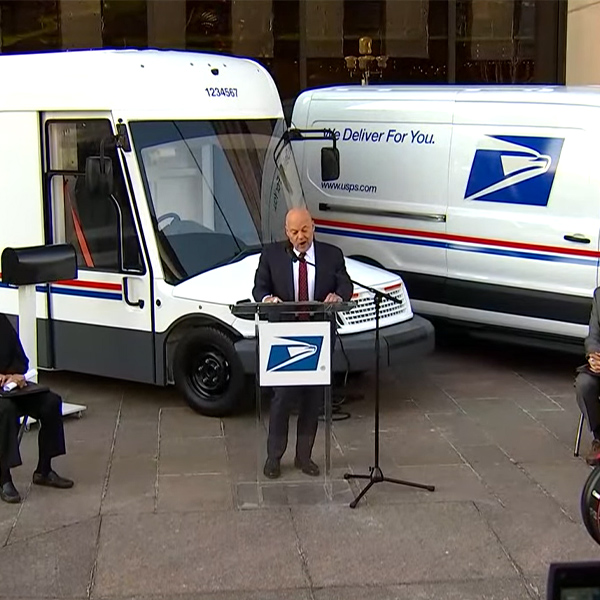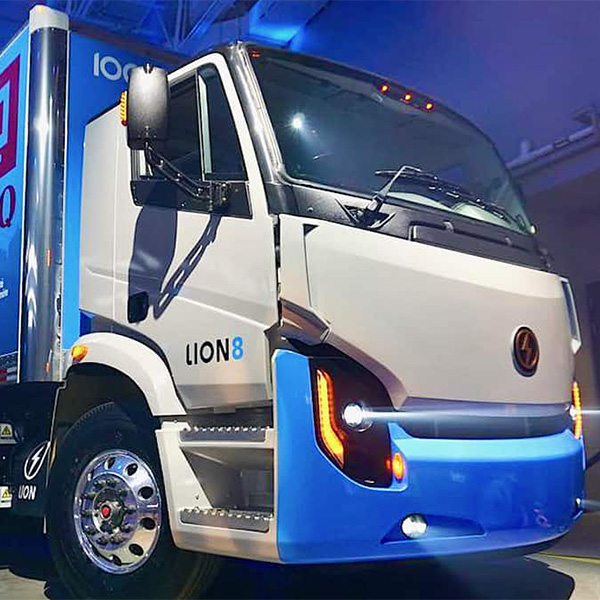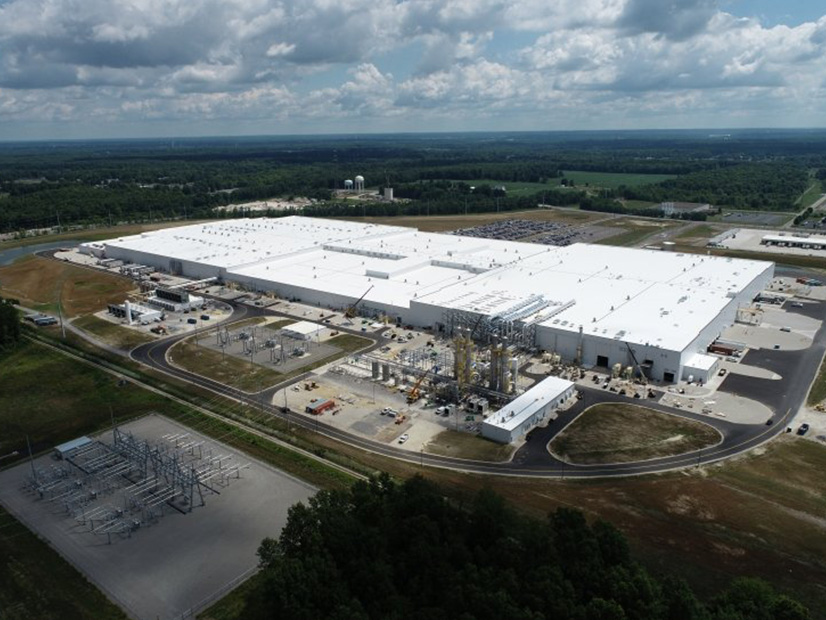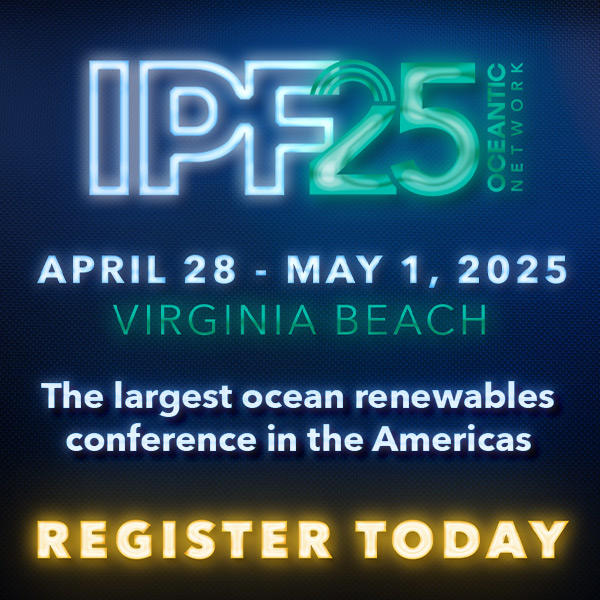Transportation Decarbonization
Airplane DecarbonizationEV chargersHeavy-duty vehiclesBattery Electric Buses (BEB)Fuel Cell Electric Buses (FCEB)Light-duty vehiclesBattery Electric VehiclesFuel Cell VehiclesPlug-in hybrid electric vehiclesShip electrificationClean Ports
Washington’s 2023 legislature will offer less revolutionary climate action compared with previous years, but many environmental bills are still in the works.
California agency to approve new emission rules on heavy-duty vehicles, refine LCFS and consider establishing a permanent environmental justice committee.
A big roadblock to developing a domestic supply chain for minerals critical to clean energy technology is the General Mining Act of 1872, says Tommy Beaudreau.
When trying to incorporate equity into EV programs, simply placing a charger in a disadvantaged community is not enough, speakers said during a Western summit.
New Jersey’s plan for spending $104 million in funds from the National Electric Vehicle Infrastructure program faced a barrage of stakeholder questions.
The Oregon Environmental Quality Commission voted to adopt California's Advanced Clean Car II rules banning the sale of gas-powered passenger vehicles by 2035.
The EPA announced tough new emission standards for heavy-duty vehicles: cleaner trucks but not until the 2027 model year and not completely clean until 2045.
Ending a battle with a Trump holdover, the Biden administration announced that the U.S. Postal Service will procure 66,000 battery electric vehicles.
The California Energy Commission approved $2.9 billion in clean-transportation funding through 2026, primarily for charging light- medium- and heavy-duty EVs.
The DOE is providing the loan to help finance construction of new lithium-ion battery manufacturing plants in Michigan, Ohio and Tennessee.
Want more? Advanced Search
